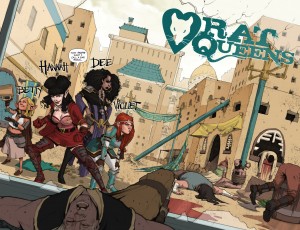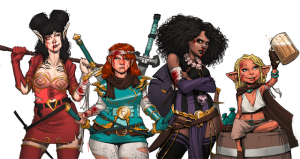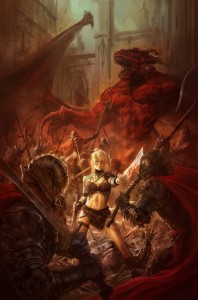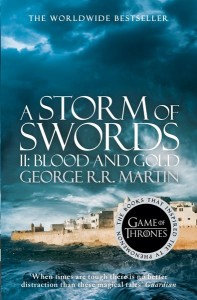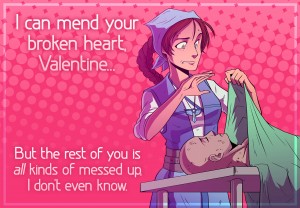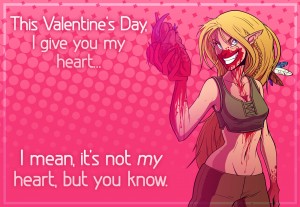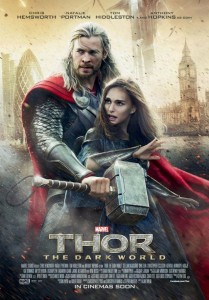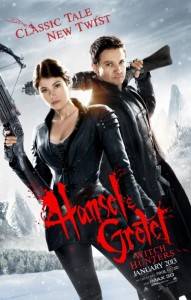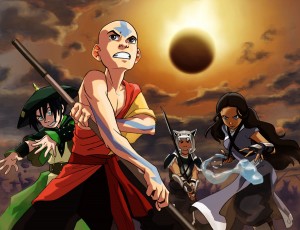Seize When Firm
I’m getting older.
And my brain is becoming less elastic. I’m slowly becoming closed to new ideas, slowly becoming unable to process new information, slowly becoming unable to learn new things. Eventually, my brain will harden entirely and I will be completely closed-off from an ever-changing world. I will come to hate and fear youth, I will still be typing on Word docs when the rest of publishing is downloading streaming information directly into their brains, I will loathe people who do things differently than me and insist my way is best and I will be a great member of SFWA.
But for now, I am still pretty young (immortal, even, if my profile is any indication), and that means I am trying to learn new things.
So now I’m writing comics.
I’ve already raved about Rat Queens, but the truth is I’ve started becoming more and more interested in the art. I’ve been intimidated from Marvel and DC since I was a kid, but I’m finding real gems in the smaller publishers. Gems like Jim Zub’s Skullkickers or Gail Simone’s Red Sonja. But whereas when I was a kid, I’d be concerned mostly about swords and metal bikinis, I’m finding myself looking deeper, at the nuts and bolts…and the metal bikinis, but still.
Suddenly, I’m interested in panel layout: how does one learn to think in panels? How does one act creatively in such an enclosed space? What needs to be told? What needs to be said? How do you make the minimal amount of information look as amazing as it possibly can?
Suddenly, I’m interested in dialogue: how do you make it happen without monologues? How can you flex your character with such tiny space? How can you communicate in 90% witty banter?
Suddenly, I’m interested in motion: how do you convey people moving without drowning in panels? What are the critical parts of an action sequence that absolutely, positively must be shown? How do you make it look as cool as possible?
With these questions in mind, I started writing something.
And found that it is fucking hard.
I use too many panels. My dialogue is too lengthy. I’m not conveying motion well. I can’t capture dramatic essence in a single shot. I’m too used to having too much room to do whatever I want. I’m not used to having to focus my prose to a sniper point and pulling the trigger.
I’ve taken three drafts of the first six pages of my script. Each time I show them to my friend, who knows comics much better than I do, she points out some crucial flaw that I’ve overlooked. So I go back; I tweak, I cut, I maim. Then I come back with something neater, cleaner and tighter than I did before.
And I have new flaws.
To take a gander at it, I am pretty bad at writing comics. I’ve been venting my frustrations daily on twitter and to anyone who will listen. It got to the point where I thought it’d be more effective to write down a blog post about it. So here it is.
Writing comics is hard. Maybe the hardest creative endeavor I’ve ever done.
And that’s actually really, really, really fucking good.
It occurs to me that people are probably going through with novels what I am going through with comics: the frustration, the ire, the way you can force and force and try and try and study and study and things just don’t. Get. Easier. It occurs to me that there are people who probably stare at the words they’ve written and think to themselves that it’s bound to have flaws, so why bother. It occurs to me that there are people out there who are probably thinking of giving up.
And it’s for them that I want to say the following.
If it’s hard, you’re doing it right.
I’ve said that on every panel of every convention I’ve ever been at where the subject of how to write has even been hinted at. Writing is hard work. It has to be hard work.
People love talking about the business side of writing (because, as most writers have the business sense of a dumb baby, it is new and mysterious to us), but this is still a goddamn art. We are still making art, not “product.” We are still creating, not “producing.” We are still pouring joy, hate, fear, love into something and shoving it out into peoples’ faces, not going down a checklist.
Because it’s a creative endeavor, the only way you’re going to get better at it is by failing. And because it’s a creative endeavor, the only way to fail is by spending a lot of time and energy on something and then figuring out that it won’t work. That’s just the nature of the art. We have to build something up and then hurl cannonballs at it and see how long it takes to fall down.
But each time you build it back up, it’s a little sturdier. Each time you make it fall down, the places in which the structure gives out are more apparent. Each time it collapses, there’s more of it left for you to work with.
The only way to make it work and not feel hopeless about it is to see the truth in failure.
It’s a sham of an artist that flinches from failure because it’s impossible to grow without studying the ashes of what you just burnt down. How did it fail? What sentences wavered? What parts of the character were too meaningless? Where did it become sterile? Where did you flinch?
Even this blog post is a failure on my behalf. The advice I’m giving here is both so specific and so general that it won’t make sense to anyone else. You’ll find our own way to look at things and your own way to figure out how to make it work. You’ll figure out how your rhythm and your schedule works. You might even come to refer to your book as product and start decrying about how my advice doesn’t conform to your situation, ergo my entire point is flawed.
At which point, your pedantry will overwhelm me and I will likely punch you.
So, if you want, you can take this as advice about whether or not writing is for you. If you want, you can tear this blog post apart and see what parts work for you and what parts do not. If you want, you can ignore it entirely and go read something someone else wrote.
In the end, maybe this whole blog post was, like any creative endeavor, for the artist first and the audience second.
Because it just doesn’t seem real to me unless I write it down.
